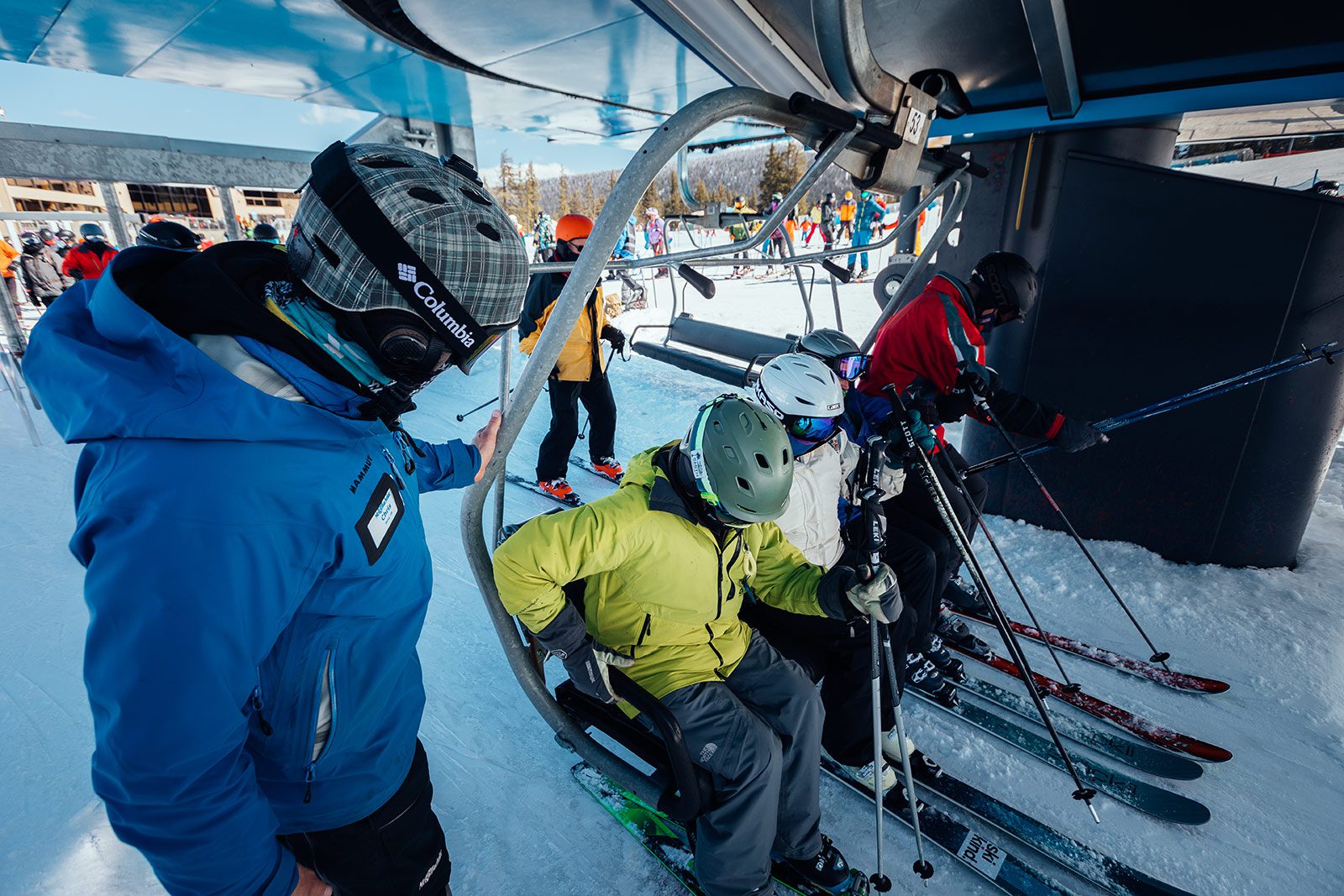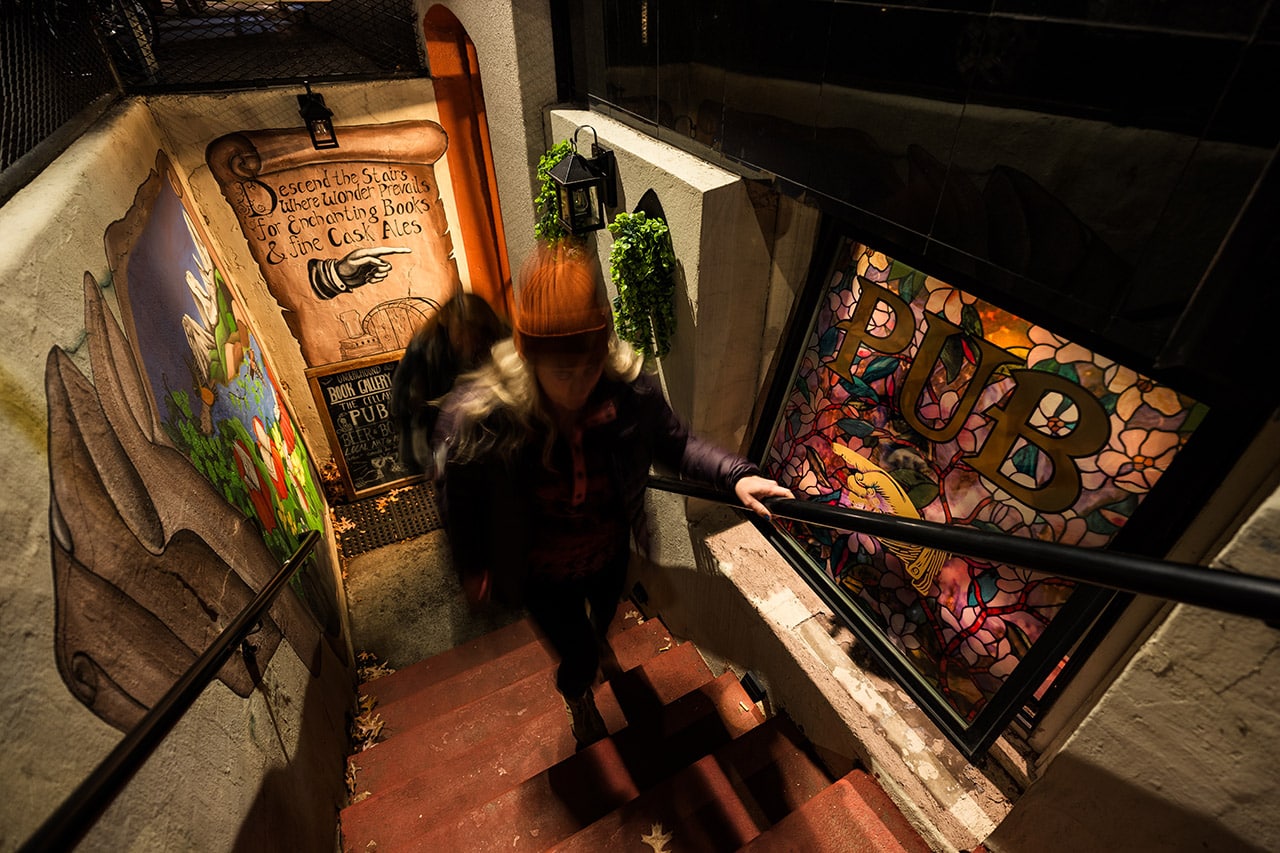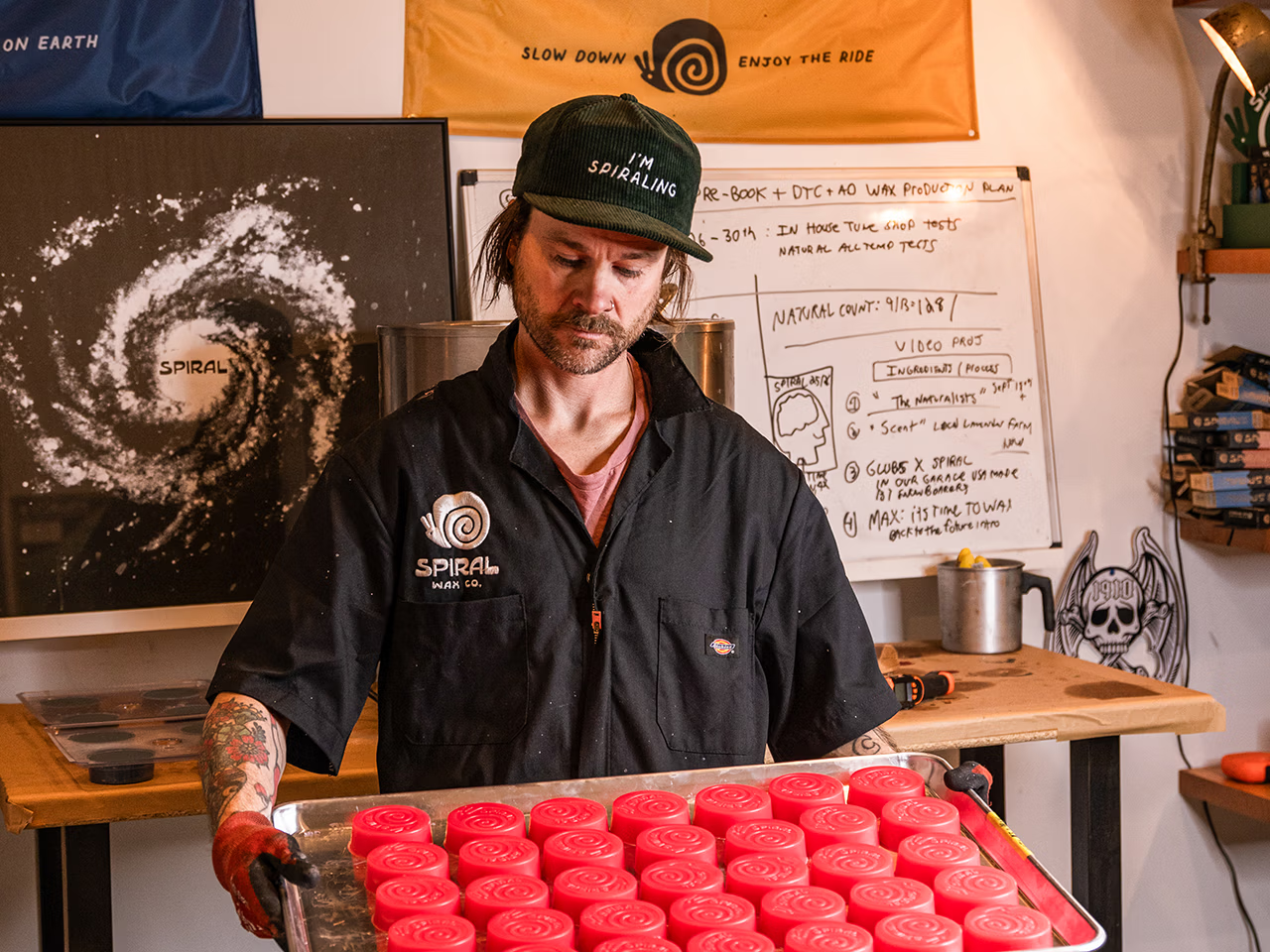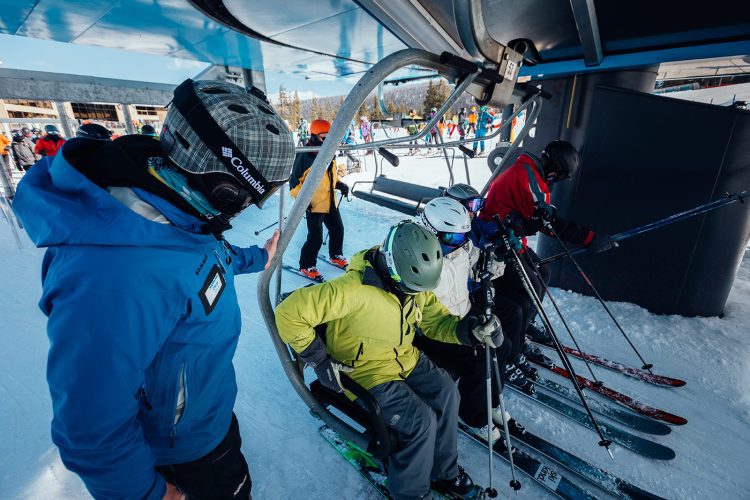
Last October, dedicated ski enthusiasts were hiking areas of Mt. Bachelor blanketed in the first snowfall of the season, posting photos on social media and spreading stoke for the upcoming winter. Around the same time, Central Oregon skiers and snowboarders were sounding off in a petition calling out the latest business decision of Mt. Bachelor ski area and its parent company, POWDR, following the announcement of a new Fast Tracks product that lets skiers cut lines at the resort for a fee starting at $49 per day. This juxtaposition of excitement and love for skiing coupled with an anger toward resort operating decisions has become commonplace at ski areas throughout the country, often fueled by rising lift ticket prices and a perception that profits are the only thing on the minds of ski area operators. “Recent changes to our once little mountain town have been challenging for many, but the affordability, crowds, COVID and access to the mountain have become unbearable for many,” said Dan Cochrane, a Bend local who started a petition directed at Mt. Bachelor against the Fast Tracks product. “Since POWDR Corp has taken over, it has become clear that profit over people is the new motto.”
While lift ticket prices at U.S. resorts have risen substantially in the past decade, ski area operators in Central Oregon insist there’s more to the story than just a desire to hike up prices to make money. Running a ski resort involves expensive lift infrastructure and vehicle fleets to maintain, a seasonal workforce to hire and train and the responsibility of operating a playground for inherently risky activities, opening a door for liability and litigation not seen in many other businesses. Throw in an iffy weather forecast, the looming impacts of climate change and a passionate customer base, and ski areas operators have quite the challenge in front of them.
Yes, lift ticket prices are going up, but the same isn’t necessarily true for season passes at our local resorts—Mt. Bachelor and Hoodoo Ski Area—which treat these annual passes as a “locals product,” keeping access more affordable for frequent skiers. Mt. Bachelor CEO John McLeod said that since 1999, two years before Bachelor was acquired by POWDR, until today, the season pass price has only risen 11 percent. “If you look at the season pass as a kind of ‘locals’ product and our day ticket as a ‘tourist’ product, you can easily see that our pricing strategy has heavily benefited the local community over the long term,” McLeod said. A product like Fast Tracks, while infuriating to many locals, can actually help mitigate rising costs and keep season passes more affordable, according to McLeod. “To the extent that this is a successful product, the revenue it generates will allow us to continue to minimize price increases on our mainstream products as we work to deal with inflation in our cost structure,” he said. While the pricing strategy at Bachelor is about profitability, it’s tied to keeping the resort viable in the long term, McLeod explained. “[It’s] about balancing our costs and maintaining a level of profitability that ensures we will be around for the long run while providing funds for the long-term growth and development of the resort,” he said.
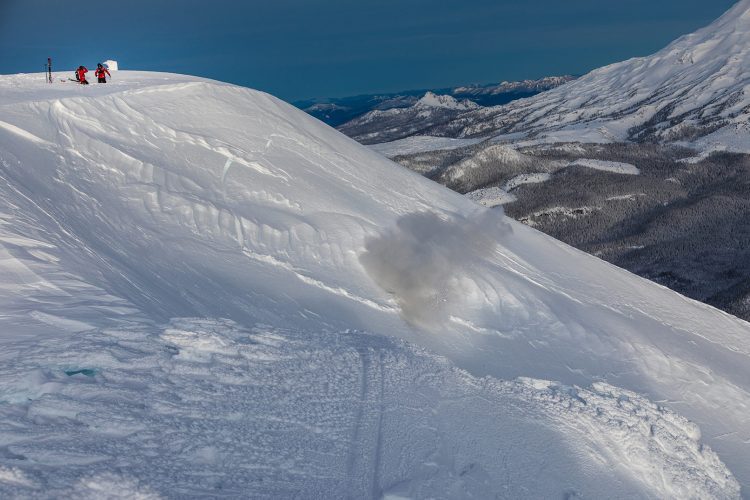
Heated discussions over ticket prices are just one of many challenging aspects of running a ski area today, according to Jordan Elliott, president of the Pacific Northwest Ski Areas Association, a nonprofit trade association representing the business interests of winter sports destinations. Elliott said that as ski areas wait for adequate snowfall to open (as Bachelor and Hoodoo both did this December) they’re expected to be ready to roll on a moment’s notice. “Even before the snow settles, you need your full vehicle fleet, your mountain operations crews, ski and ride school instructors, rentals and retail staff, restaurants, they all need to be fully staffed, trained and ready for a mountain full of guests,” Elliott said. “If the snow doesn’t come, then the guests don’t come, but much of the expense is still there.” For this season in particular, ski areas have also taken note of the state of the labor market, getting creative in recruiting efforts but still struggling with hiring in some departments, such as food and beverage.
When ski areas are able to open for the season is dependent almost entirely on Mother Nature, with climate change bringing more uncertainty to the industry. “Climate change is one topic that I used to say was on the forefront of everyone’s minds,” Elliott said. “Now I would say that climate adaptation is integrated into nearly every level of business decision making. It’s part of most ski areas’ DNA at this point.” This means not only big-ticket investments in snowmaking equipment, but also an industry shift toward the use of more fuel-efficient vehicles and utilities, doing business with others who prioritize climate stewardship and ongoing advocacy work.
Another looming issue ski area operators wrestle with is litigation from on-mountain incidents. “Skiing and snowboarding are adventurous activities that take place in a natural environment and involve risk,” McLeod said. “Litigation against ski areas for all manner of incidents is on the rise and driving constantly increasing insurance and liability costs which ultimately have an impact on our season pass and ticket pricing.”
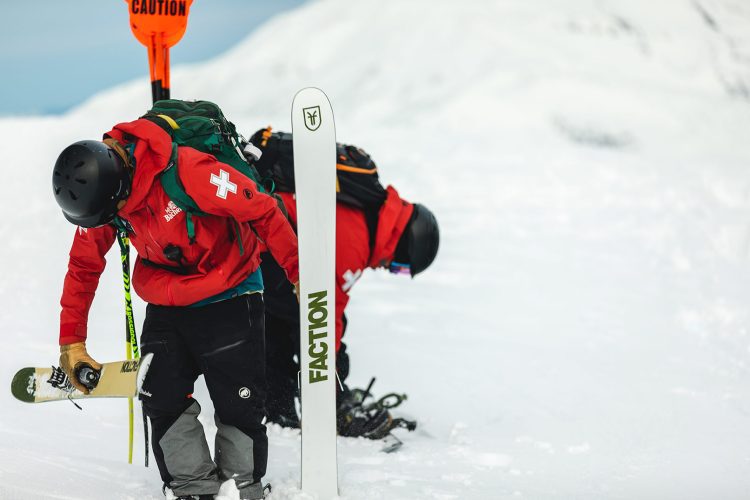
With the ongoing challenges of running a ski area amplified by the COVID-19 pandemic over the past two seasons, Mt. Bachelor leaders opted to enroll management staff in Dare to Lead, a training program from leadership researcher Brené Brown that centers around how to face uncertainty and risk as leaders and to lead with courage. “After the pandemic hit, we knew we would need more management skills than ever to help us work through the challenges ahead, including dealing compassionately with many new and unforeseen employee situations,” McLeod said. “Working through this last year and a half with the team at Mt. Bachelor with the open and honest approach we learned from Dare to Lead was one of the toughest and most fulfilling periods in many of our careers.”
Looking to the future, ski areas including Mt. Bachelor will continue to balance a profit model that allows for infrastructure improvements, addressing the impacts of climate change and answering to a passionate population of outdoor enthusiasts ready to hit the slopes. And while more than 13,000 of those skiing devotees have shown their passion by signing a petition against Mt. Bachelor’s latest revenue-boosting move, Fast Tracks, the ski area is moving forward with the product. While the frustration among some skiers is sure to linger into the start of the season, it’s likely not enough to hamper a busy winter in Central Oregon. Despite the challenges of the industry, the growing popularity of outdoor recreation gives ski area leaders confidence as they predict the future of the business. “Outdoor recreation in all forms is in high demand,” McLeod said. “Meaning…our business is positioned well for the future from a demand perspective, and the people who work in it are pros who love what they do. Those are some good ingredients to work with.”

